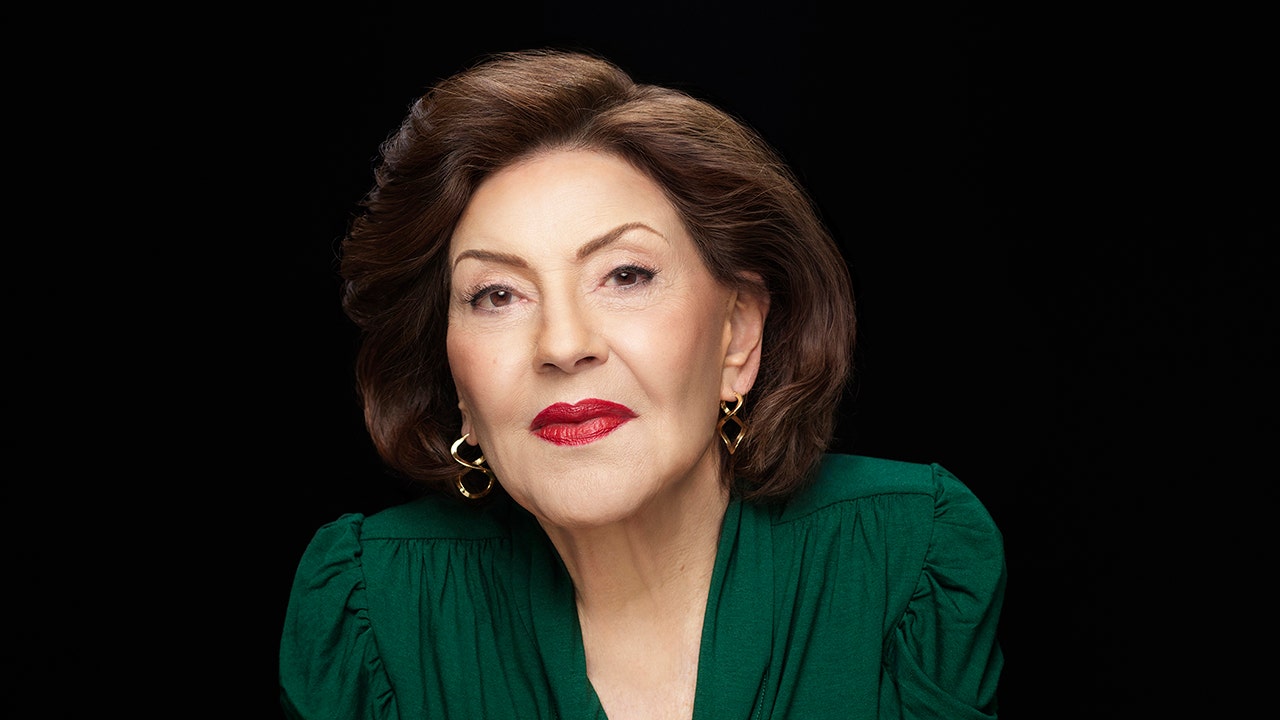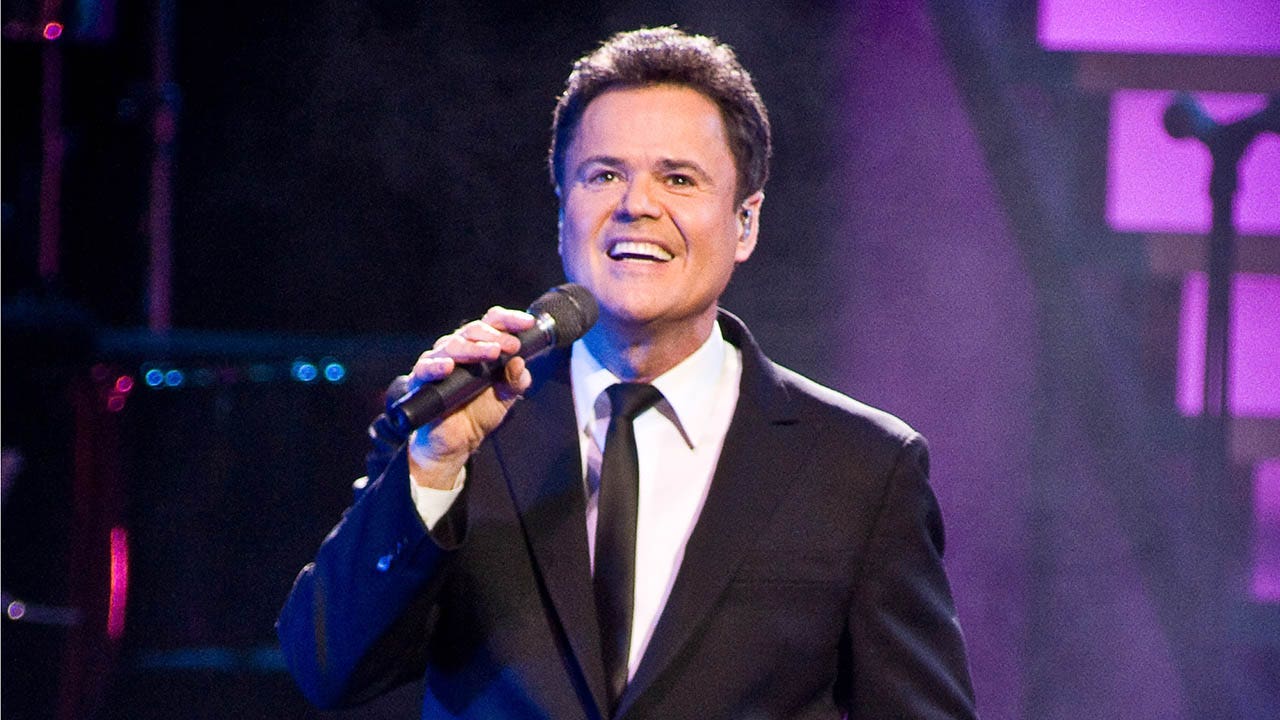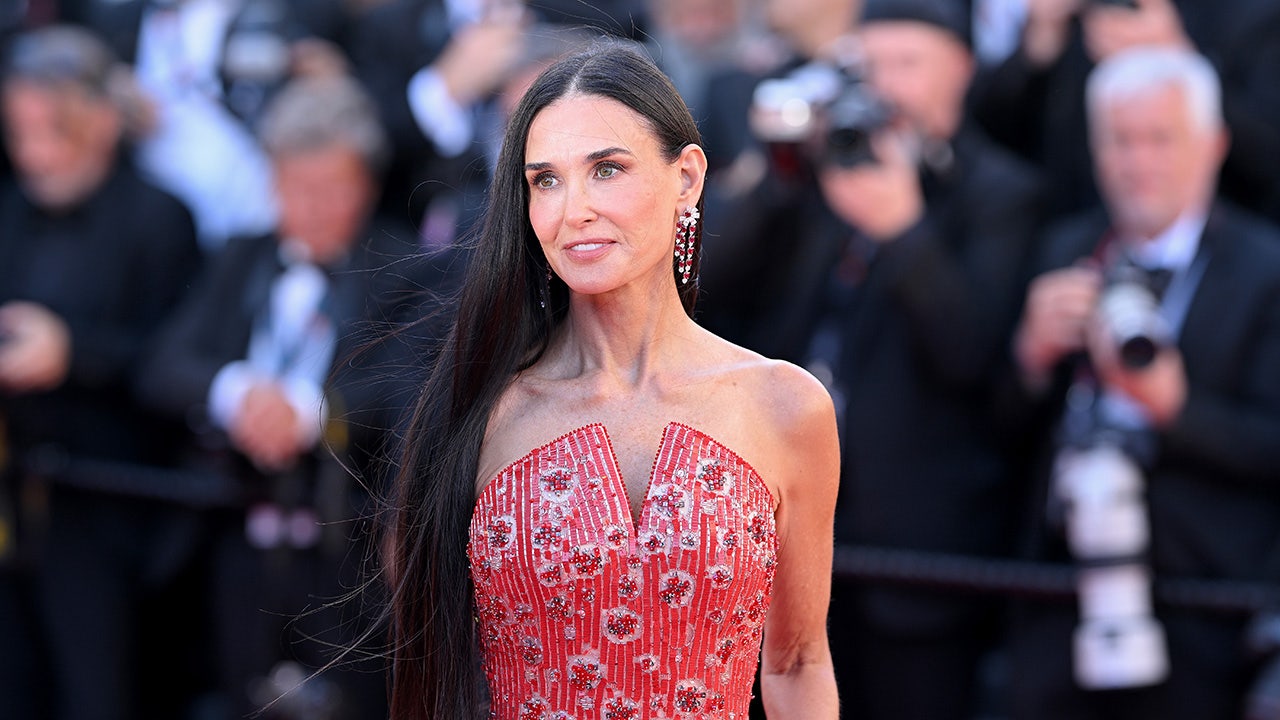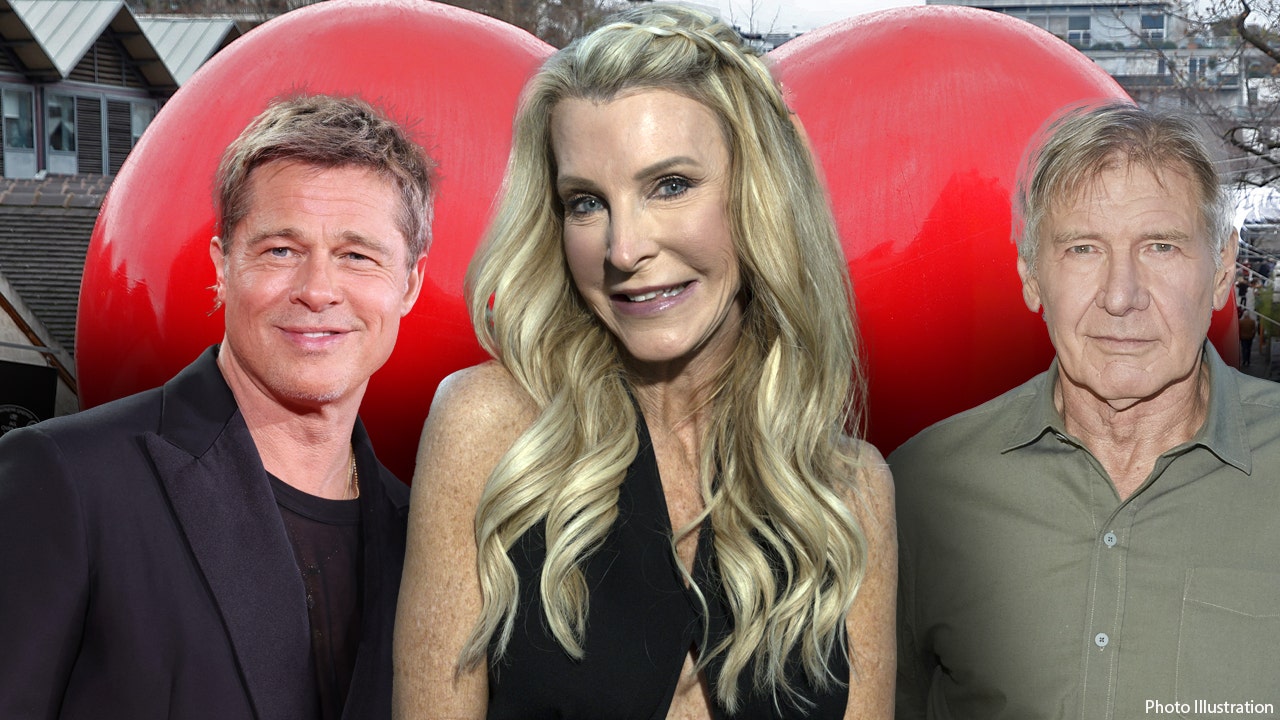Sheryl Crow is calling on Congress to “act now” about artificial intelligence in the music industry and beyond.
In a recent guest column for The Hollywood Reporter, the Grammy winner made it clear she was “not a scientist,” but she understands the potential existential threat the technology poses to artists.
“[W]hat I can say with certainty is that what we all share as humans all over the planet and what connects us is the human experience made up of emotions that nothing programmed can ever experience,” the singer-songwriter wrote. “And it is what has documented our existence since the beginning of time in our hieroglyphics, and our paintings and our storytelling, and in our songs.”
Crow continued, sharing a sampling of the lyrics from her song “Evolution,” from an album of the same name, which had been inspired by her fear of AI.
Sheryl Crow wrote a guest editorial in The Hollywood Reporter, urging Congress to pass legislation about AI. (Leigh Vogel/Getty Images for The Recording Academy)
WHAT IS ARTIFICIAL INTELLIGENCE (AI)?
The lyrics read, “We can create. We can destroy. We can feel pain. We can feel joy. We can plant seeds and watch love grow. We can feel love ‘cause it’s written in the human code.”
“This is not science. It is simply a lyric I wrote in a song called‘Evolution’after learning of the use of AI to bring back different well-loved artists/entertainers from the dead for what I can only assume was for someone else’s personal gain. It has consumed me with questions about who we will forever be in our humanity as we seize this moment. So much so, that these questions have seeped into my own art,” Crow explained.
At her Rock & Roll Hall of Fame induction last year, Crow said she had not intended to record another album, but then “when the whole AI thing started coming out, particularly with the Beatles thing, and also having witnessed how AI is being used in my art form, I wrote a song about it.”
She continued, “I was terrified, and where do I go when I’m terrified? I go to my studio,” adding, “And I found myself writing just one thing after another, and lo and behold, I had 10 songs.”
Last year, during her Rock & Roll Hall of fame induction last year, Sheryl Crow said she had not intended to record another album until her worries about AI inspired her. (Jeff Kravitz/FilmMagic)
CLICK HERE TO SIGN UP FOR THE ENTERTAINMENT NEWSLETTER
Crow wrote in her Hollywood Reporter column she was “heartened” to see that actors’ likenesses were protected after the recent actors’ strikes, and she felt the same needed to happen for musicians and singers.
“But, it is not the money or loss of compensation that I worry about. Yes, it is wrong to manipulate any artist’s likeness, voice, words or art as their own but for me, it is the deception we are giving our approval to by not doing something to keep it from happening,” the “Soak Up the Sun” singer-songwriter wrote.
While she admitted she was “hopeful that AI will help us solve many of the world’s problems,” Crow still wanted to see legal action.
Sheryl Crow said the issue for her is not loss of earnings, but “the deception we are giving our approval to by not doing something to keep it from happening.” (Gilbert Flores/WWD via Getty Images)
LIKE WHAT YOU’RE READING? CLICK HERE FOR MORE ENTERTAINMENT NEWS
“Congress needs to act now, and we need to be diligent,” she said.
Legislation recently passed at the state level in Tennessee, with the “ELVIS” act, which added vocal likenesses to its list of protected entities, including names and photographs.
Crow noted many of her fellow artists have spoken with Congress about protection for their likenesses, and highlighted that she was one of over 200 artists to have recently signed an open letter to tech companies to “Stop Devaluing Music.”
Sheryl Crow was one of over 200 artists to sign an open letter to tech companies imploring them to “Stop Devaluing Music.” (Taylor Hill/Getty Images)
The 61-year-old concluded her essay, saying, “I hope you will support us in these efforts, so artists can keep making it for you. It’s what we love doing and it matters in the course of our history as human beings on this planet.”




